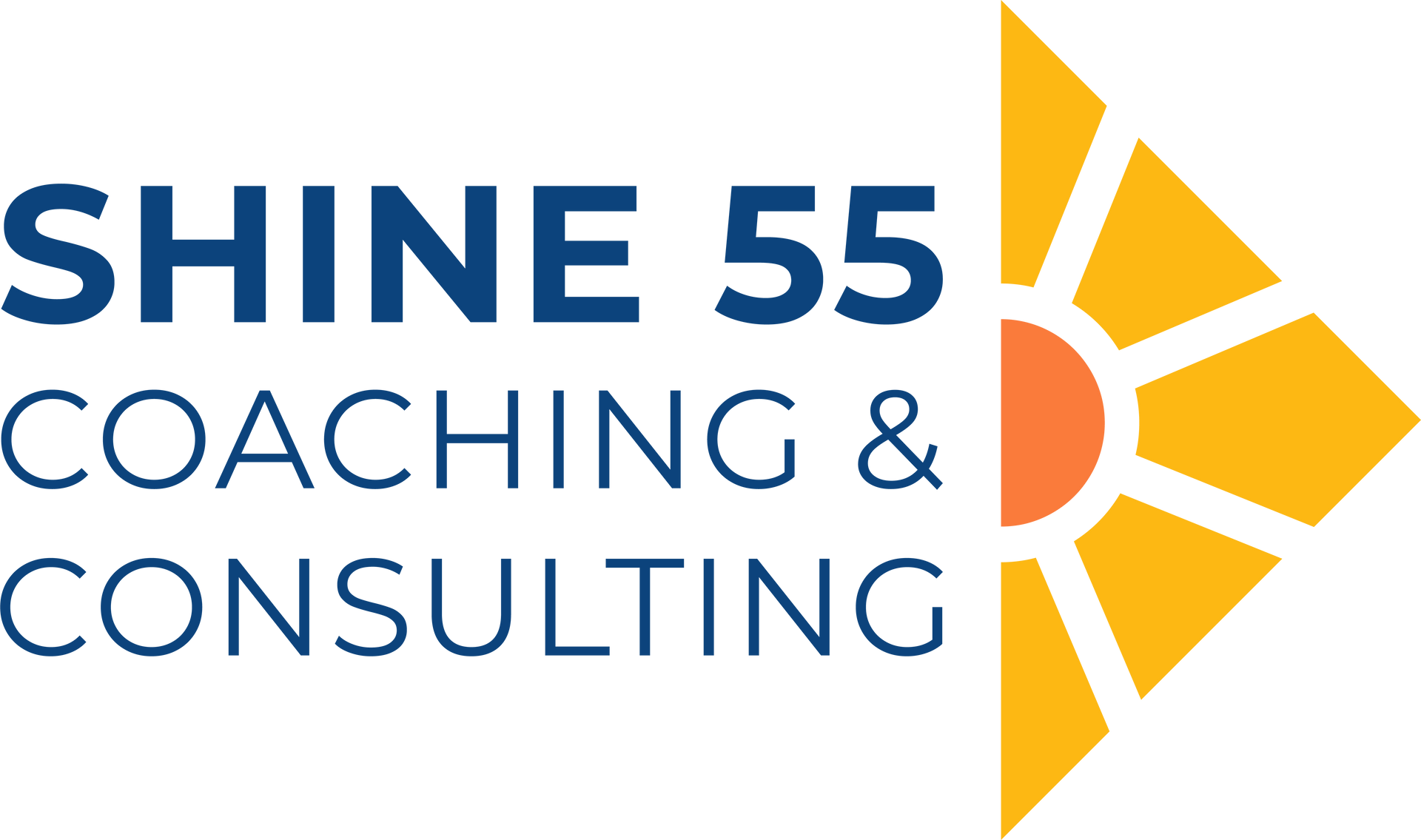10 Personal Challenges C-Suite Leaders face in 2025
Explore the top 10 personal challenges UK C-suite leaders face in 2025, from burnout to digital adaption. Find out how executive coaching can help.
Life at the top of an organisation often looks enviable: boardroom influence, financial rewards, and the ability to shape an organisation, or even a sector. Yet behind the title, lurks a unique set of pressures that can take a serious toll on performance, health and long-term success.
As an executive coach, I specialise in working with senior leaders who are grappling the pressures and often hidden struggles that come with running an organisation. I know these challenges first-hand. I've been a C-suite leader myself, and faced those same pressures. Today, I continue to operate in the corporate world as a non-executive director alongside being an executive coach. That combination of lived experience and ongoing boardroom involvement means I get it. I understand both the demands of the role, and what it takes to stay resilient, lead authentically, and protect long-term wellbeing.
According to recent research, here are the top 10 challenges C-suite leaders face, with my take on how executive coaching can help.
1 Executive Loneliness
Leadership at the highest level is often isolating. Nearly half of UK CEOs admit to feeling alone in their role, with limited safe spaces to share doubts or vulnerabilities.
A coaching partnership provides a confidential sounding board to explore ideas and strengthen confidence in decision-making.
2 Burnout & Fatigue
The relentless pace of economic shifts, digital disruption, and global pressures can push senior leaders to exhaustion.
Coaching is a way to design sustainable routines, integrate recovery into schedules, and prevent burnout before it escalates.
3 Decision Fatigue
Senior leaders make hundreds of daily choices, from strategy to people management. Over time, this constant pressure can erode innovation and clarity, as well as increasing risk.
Coaching can provide frameworks to prioritise, delegate effectively, and protect cognitive energy.
4 Work-Life Balance
With hybrid working blurring boundaries, many C-suite executives struggle to fully disconnect. The result: strained personal lives and reduced energy at work.
Coaching can help to redefine boundaries and achieve more effective work-life integration.
5 Mental Health Stigma
Whilst corporate culture has become more open in recent years, there's still a fear that seeking mental health support signals weakness. Even well-intentioned organisations get help wrong sometimes.
Executive coaching offers a stigma-free space to explore stress, build resilience, and role-model well-being for teams.
6 Constant Availability
The "always-on" culture has intensified. Mobile phones are becoming a virtual extension of our bodies, always a fingertip away, and stakeholders increasingly expect instant responses. This undermines creativity and recovery.
Executive coaching helps senior leaders shift from constant availability to strategic availability.
7 Physical Health Neglect
Travel, late nights, and back-to-back meetings often push healthy habits aside, with negative long-term physical consequences.
Executive coaching encourages accountability for fitness, nutrition, and sleep, recognising that physical health drives leadership performance.
8 Pressure to Perform
With record-high CEO pay in the spotlight, scrutiny from boards, media, and employees has never been higher. The pressure to deliver is intense.
Coaching helps leaders stay grounded in their values while navigating external expectations.
9. Adapting to AI & Digital Change
Executives are expected to lead digital transformation while learning new tools themselves. Many feel overwhelmed by the pace of change.
Coaching can help foster a growth mindset, helping leaders embrace curiosity rather than fear when it comes to AI and technology.
10. Succession & Legacy Anxiety
Questions of legacy and succession weigh heavily on senior leaders, yet many delay succession planning due to more pressing priorities or fear of what it may mean for their own position….until it’s too late.
Coaching supports senior leaders in defining purpose, shaping their legacy, and preparing the next generation.
One Final Thought
These challenges aren’t just personal, they shape entire organisations. A burned-out or isolated CEO will inevitably impact culture, talent retention, and financial performance. That’s why executive coaching isn’t a luxury, nor should it be reactive, it’s a vital tool to aid sustainable leadership.
If you want to be proactive in avoiding the Top 10 Personal Challenges C-suite executives face, please get in touch.
If you enjoyed this blog and think colleagues, friends or family may also enjoy reading it, please feel free to share:











